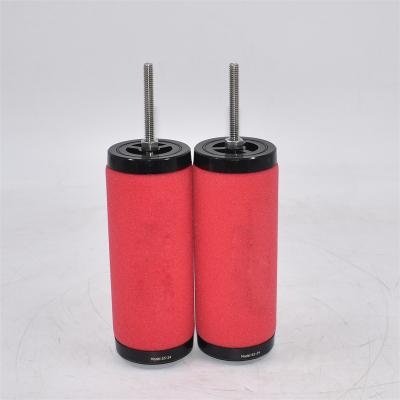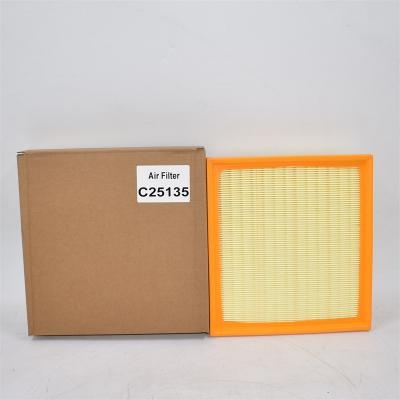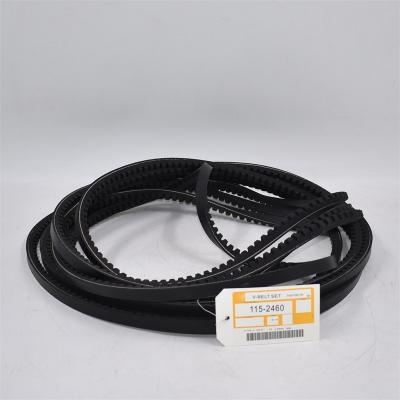What is a hydraulic filter?
Hydraulic system components can only work properly when the fluid contained in the system is clean. Dirt or other contaminants, such as oxidation, sludge, metal, sand, torn elastomeric seals, or chemical by-products, can enter the system and cause component deterioration. Pollution will seriously affect the physical and chemical properties of hydraulic oil, resulting in low system efficiency. This reduction in efficiency may lead to equipment failure, expensive downtime and unnecessary maintenance of damaged components.
Hydraulic filter is a component of hydraulic system, which removes harmful particles by forcing hydraulic fluid through porous filter element. The filter element captures contaminants to prevent them from re entering the fluid flow and damaging other downstream equipment. Contaminants include dirt, water and active chemicals. Their dimensions are in microns, which means that hydraulic filters must be properly sized to filter out the smallest particles.
In the hydraulic system, the hydraulic oil performs four basic tasks:
1. Transfer of energy: The fluid generates the pressure used in the operation of the system through the movement of the system. Dirt can block the small holes in the flow control valve and the pressure valve. Blocked valves prevent pressure leakage, which may lead to reduced efficiency, unnecessary maintenance and shutdown.
2. Seal the space between metal parts: the fluid seal closely matches the tiny cavity between parts, serving as the pressure barrier of pollutants. Damaged particles will not damage the seal. However, if the seal is broken, dust will block the plug hole.
3. Lubrication of internal parts: Deposition refers to that extremely fine dust particles are trapped in the gap, which hinders the lubrication process of moving parts. Large pollutants can cause the same problem. Components with poor lubrication are excessively worn and unreliable.
4. Cooling system components: hydraulic oil generates heat through friction during system operation. When the fluid returns from its circuit, heat is usually transferred to the walls of the reservoir. Contaminants can form sludge on the water tank wall, blocking heat transfer. An efficient hydraulic system operates at lower temperatures.Efficient hydraulic systems operate at a cooler temperature.
If contaminants interfere with these functions, serious problems may occur.
























